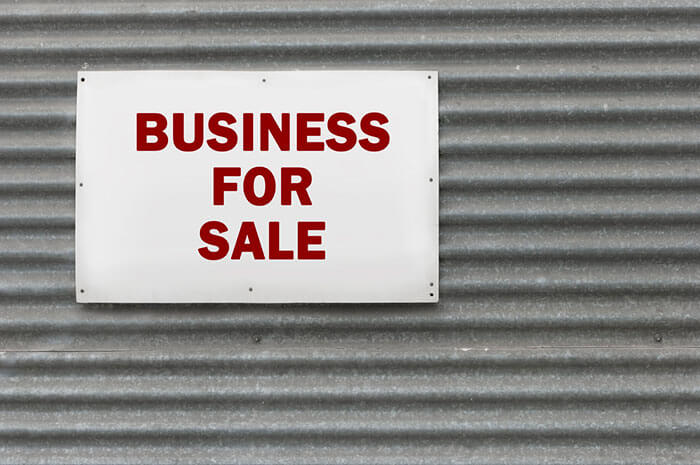
There comes a time in every business for a change of ownership. There are many possible reasons. Perhaps it is because of retirement, bad health, stress, burnout, disputes, trading up, relocation, or financial hardship. Business owners become attached to their businesses and love them like children or family, as they have devoted their time, money and energy to building, running, and operating their businesses. This makes the decision to sell even more complicated. Whatever the reason, the best time to sell a business is when it is profitable and growing!
The first step in preparing to sell your business is to select a professional business broker to help you through the process. You may want to meet with a few brokers and select one you believe is professional and who has knowledge and experience. A mutual trust is important, as you will be sharing all of the confidential information about your business. The business broker’s association with bankers, accountants, other business brokers, and residents of the community will tell you how involved he/she is and the level of energy used to sell businesses. After some discussion with the selected broker, you may decide you are ready to sell or you may decide it is best to wait a few years to sell. Either way, the broker can guide you through the proper steps to take to prepare for the sale.
It is very important to have accurate financials. Your income statements and balance sheets should mirror your income tax returns, and you should be prepared to present the past three years of each. Sometimes owners do not record all of their income or may record the true amount on a separate income statement just for themselves. This cannot be shown as income or profit when they decide to sell. Even though an owner thinks a buyer will understand when he/she explains the situation, it is a risk to tell anyone you have not been paying taxes on part of your earnings. If you discuss this with a potential buyer, the broker will definitely not want to be present when it is discussed. The only thing that can be used when calculating the value of a business is provable income, which comes from your income tax returns. There are, however, legal expenses you can write off as a business owner, which will be added back, increasing the cash flow and the value of your business. Your business broker will help you with that and will use those figures when evaluating your business to determine a selling price that will sell in the current market. Using all of the information received from you, the business broker will prepare a marketing package and confidentially market your business to qualified buyers.
After a buyer makes an offer that is accepted by you, the due diligence process begins. Depending on the size and type of business, this can vary; but two weeks is usually long enough for most businesses. That is when the financial statements will be searched thoroughly for provable numbers and accuracy. The equipment will also be checked to make sure it is in good workable condition. If anything isn’t as presented, the buyer can decide to cancel the offer without penalty.
Check the physical appearance of your business and see if it needs to be straightened, cleaned out, and maybe a touch of paint. Also, look at your inventory and discard things you know will never sell. It is best to keep the possibility of selling from your employees, customers, or anyone. Most businesses don’t tell anyone they are selling until after the closing, when the buyer and seller go in and meet with the employees. Change tends to make people nervous, and you don’t want to take the chance of losing any employees or customers.
You expect everything to go smoothly, as you want to sell and the buyer wants to purchase the business. The broker wants a win-win situation that will lead to your getting the highest possible price for the business on acceptable terms and the buyer getting a good value for his/her investment, making the business continue to grow and prosper. It is a nice compliment to any business owner to sell his/her business at a good price and see the new owner increase the business and make it even more profitable.
